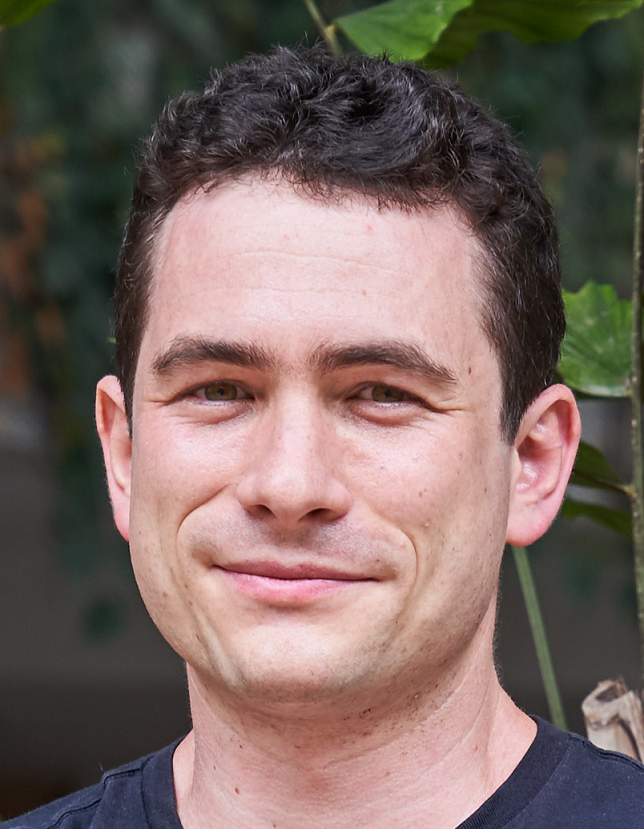Archaeology at Clare provides an excellent opportunity to develop your academic career in archaeology and biological anthropology.
Overview
The minimum offer is A*AA at A-level, or 7 7 6 (42+ overall) from Higher Level subjects in the IB. We may ask that the A*/HL7 be achieved in a specific subject from those you are currently taking. For other qualifications, please see the University entrance requirements page.
None
The Archaeology department suggests that subjects such as Geography, Classics, History, Natural Sciences such as Physics or Biology, and languages may be good preparation for studying Archaeology. You may find it useful to take at least one essay-based subject.
Written work required to apply
One piece of written work in essay format (not science coursework or a timed exam) with a word limit of up to 1500 words will be required. The work can be extracted from an EPQ. The essay should not be written specially for the occasion and should have been marked by a member of your school/college staff, if possible.
Archaeology at Clare
Clare College has a small but active cohort in Archaeology. The Fellowship includes members in Biological Anthropology and associates in Archaeology and Egyptology. The current Director of Studies also supervises during the Part I year to ensure our students have the support they need.
The Archaeology faculty is located on the Downing site, a short walk through town from Clare College. The faculty buildings are close to the Museum of Archaeology and Anthropology and the Henry Wellcome Building, which houses extensive facilities for Biological Anthropology.
Clare Archaeology has a small social group that meets several times a year along with students from Sidney Sussex College, which allows students to enhance their academic experience beyond the department and creates a close-knit community within the Colleges. Recent activities have included presentations from College post-graduates, a dissertation discussion group and undergraduate dissertation presentations. These groups are led by undergraduates, and are informal but informative.
Visit the University's subject page for more information.

I study and teach human evolutionary genetics – how genetic variation builds up within human groups, and what we can infer about the past from current genetic diversity. This ranges from thinking about where people’s ancestors were from, to which genes may have offered an evolutionary advantage in the past, to understanding signals of contact with ancient hominin groups such as Neanderthals and the enigmatic Denisovans. I’m particularly interested in the evolutionary and behavioural/social processes that drive genetic diversity, such as kinship practices and mobility among humans. I learn about these things by combining massive genetic datasets, anthropological data, and computational modelling.

